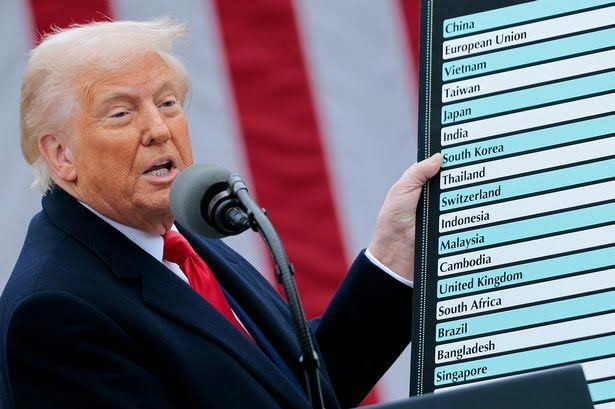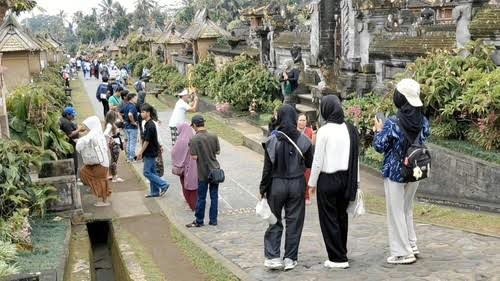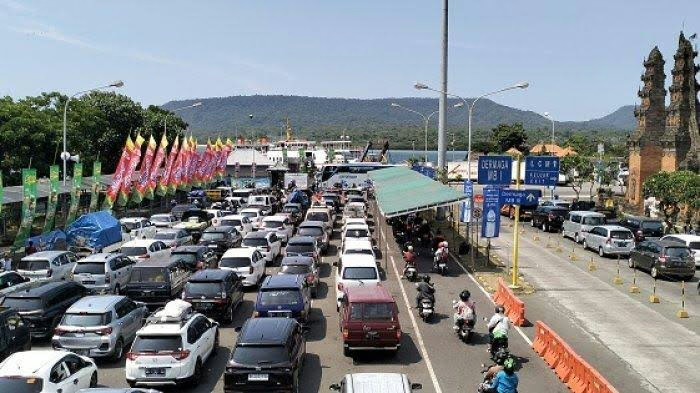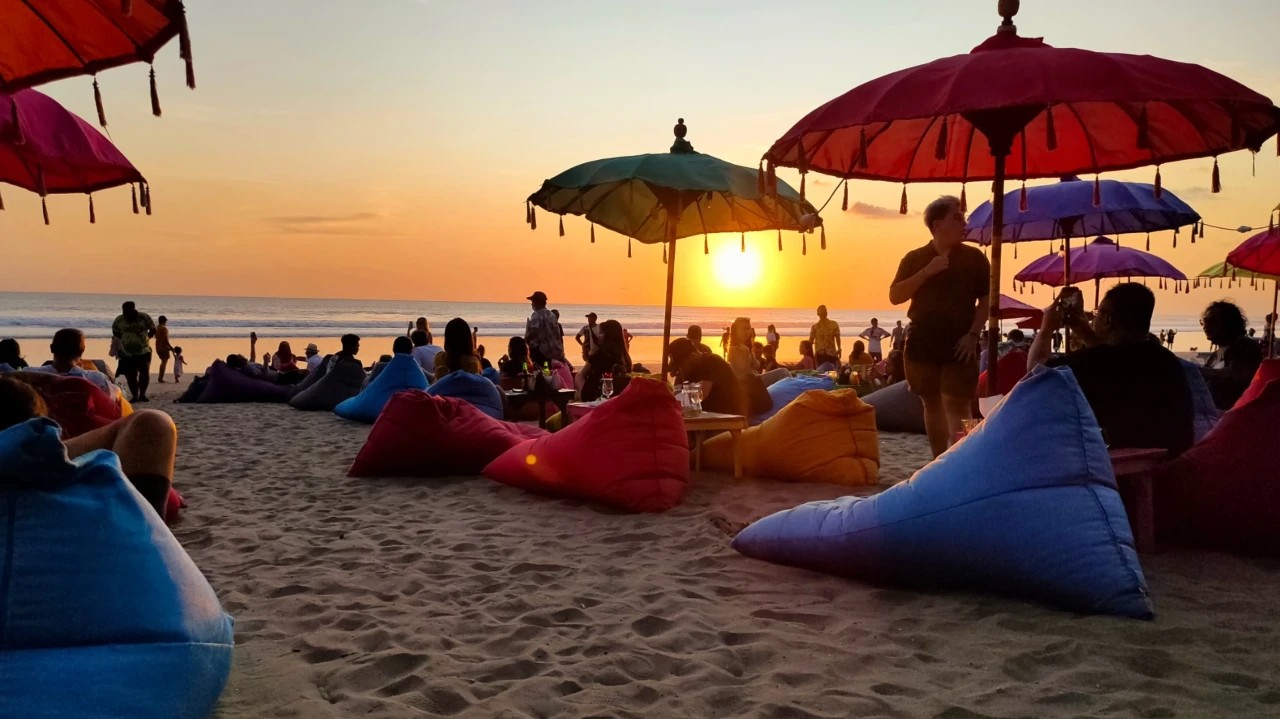
After Donald Trump announced new international trade tariffs, global markets have been in turmoil. The tariffs affect nearly everything — from food and clothing to cars and electronics (only smartphones and computer equipment have been temporarily exempted).
Indonesia has been hit with one of the harshest rates under the new U.S. president’s policy — a 32% import duty on all Indonesian goods entering the American market.
Faced with the prospect of losing one of its key export markets, Indonesian authorities are seriously reconsidering their economic strategy. One of the proposed lifelines is tourism.
Indonesia’s Minister of Tourism, Vidyanti Putri Wardhana, believes the tourism sector can serve as a form of national economic defense in response to the pressure from new U.S. tariffs.
“When goods exports are hit with high tariffs, we need to focus on other sectors that can serve as a counterbalance. Tourism is a form of service export that isn’t affected by tariff policy. By attracting more international tourists, we can stabilize the rupiah and maintain our foreign exchange reserves,” she said.

The minister urged businesses, especially those in Bali, to aggressively promote Indonesia’s natural and cultural wealth, with a focus on quality tourism — encouraging longer stays and higher spending.
“Tourism operators in all regions must prepare and act, using the shifting global landscape as an opportunity to position Indonesia as a world-class destination. Resort readiness, tourism products, workforce development, and targeted promotions must all be approached holistically,” she added.
The government believes Indonesia should double down on promoting high-value tourism experiences, encouraging visitors to stay longer, spend more, and form deeper connections during their stay.
Domestic Tourism Takes Center Stage
Indonesian MP Novita Hardini stated that domestic tourism is the future of the nation.
“Local tourists should not only be seen as an alternative or supplement to foreign visitors — they can become the foundation of the tourism sector. Trump’s policy could be the push we need to embrace change and seize new opportunities during this crisis.”
Domestic tourism has always been a major part of Indonesia’s economy. Indonesians make about 1 billion trips annually. During the recent Idul Fitri holidays alone, Bali welcomed over 400,000 visitors from other Indonesian islands, a 6% increase compared to the same period in 2024.
The average domestic tourist stayed 3–4 days and spent IDR 500,000 to 1,000,000 per day.

What Does This Mean for Tourists?
Indonesian authorities have warned that the new tariffs might slightly increase prices for imported goods in Bali, but travelers can minimize the impact by supporting local businesses:
- Dining at restaurants that use local ingredients
- Buying handmade souvenirs and Balinese textiles
- Staying in hotels built with traditional materials
As for domestic price increases, the full impact is still unclear, as Indonesia has chosen not to retaliate with tariffs of its own. Instead, it has opted for a more strategic approach.
“We’ve chosen a path that considers long-term interests in bilateral trade and investment, particularly in economic and climate stability,” said Coordinating Minister for Economic Affairs Airlangga Hartarto.
He added that Jakarta will seek negotiations with the U.S. to find mutually acceptable solutions and will involve the business sector in shaping its response. The government is also exploring ways to boost trade with Europe as a counterbalance to the U.S. and China.
In 2024, Indonesia had a $16.8 billion trade surplus with the U.S., mainly exporting clothing, footwear, electronics, and agricultural products.
Sources: ANTARA, BisnisBali


You can add one right now!